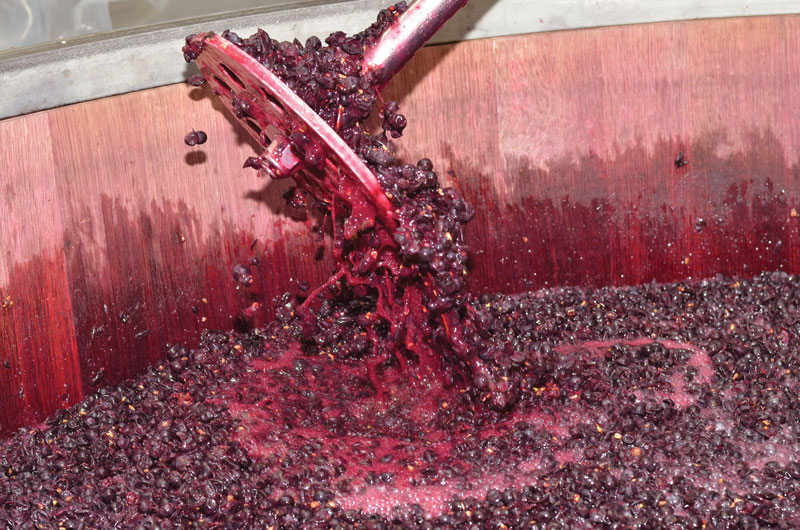
Q
Where can an amateur buy a cork for a 3-liter bottle? The one I have measures 2 1/8“ by 13/16” (54 mm by 30 mm). I have several of these bottles and I think they would make great gifts for people who helped me save bottles.
Gene Caple
Sparks, Nevada
A
Like you, many commercial wineries also feel that big bottles make great gifts. One can often see what the industry calls “large formats” displayed in restaurants that have done exceptionally well selling a particular wine (these bottles are often given as “freebies” to reward sales). As lovely as these bottles are, it can be a problem finding appropriate corks for a neck that size. Luckily, glass suppliers to the wine industry are familiar with these bottle sizes and will usually ship large corks, even in small batches of 20–50.
To assist you in your search for large corks, my first piece of advice is to speak to the proprietor of a friendly homebrew shop. They should have a cork supplier that they work with and may be able to arrange a special order for you. Going through a retailer like this might actually save you money because you could piggy back your request on a larger order. You might even get better quality corks if the company ships your local retailer a fresh, sealed bag. If you normally buy just a few, your small order could be taken from a bag that has been open and exposed to air for a long time.
This brings us to the major issue with large format corks. They are a bit of a rarity and as such, aren’t produced as often as the standard bottle cork sizes. Since there are fewer made and little demand, even in the world of commercial winemaking, large corks are often stored for longer periods of time and under less-than-ideal conditions (the aforementioned partial bag being only one possible storage scenario). This being the case, it’s rather tough to tell how old (and therefore, how dried out) a cork is. The drier the cork, the harder time you’ll have compressing it into the bottleneck and the more difficult it’ll be for the cork to re-expand back into the neck. As you can imagine, old, dried-out corks might lead to bottle leakage or contribute to premature oxidation if air is able to make an ingress into the bottle’s headspace.
The above being said, there’s no reason you shouldn’t bottle your wine in large bottles, especially if you’ve got the kind of wine that people would be drinking in a year’s time anyway. Just be aware that cork closures have their limitations and corks for 3-litre bottles are even more limited. If you can’t get large corks through a local winemaking supply shop, I suggest you try to call some of the folks that supply corks to the industry. They might not be willing to sell to a home winemaker’s small order specifications, but it is certainly worth a shot.
For more of the Wine Wizard’s wisdom, pick up the latest issue of WineMaker magazine at better home winemaking supply retailers and bookstores.






